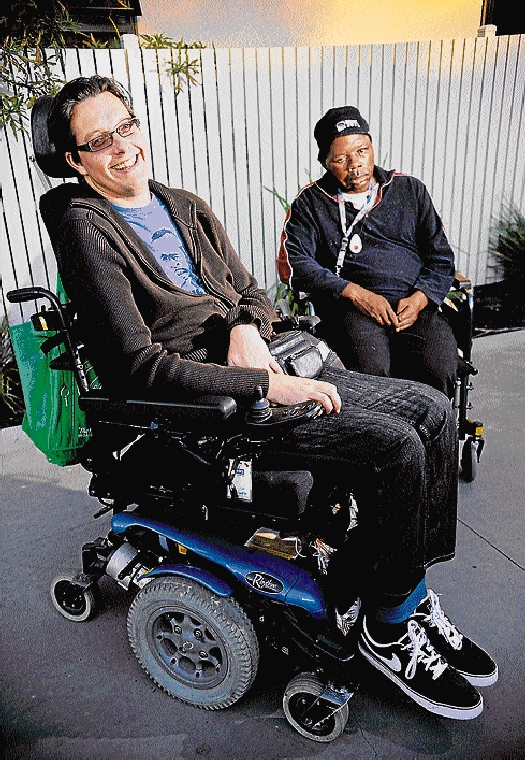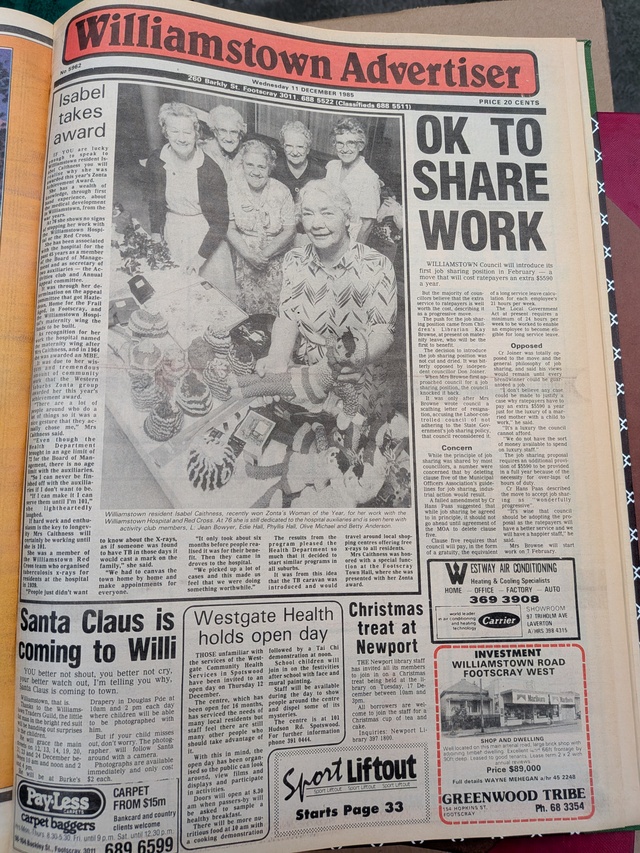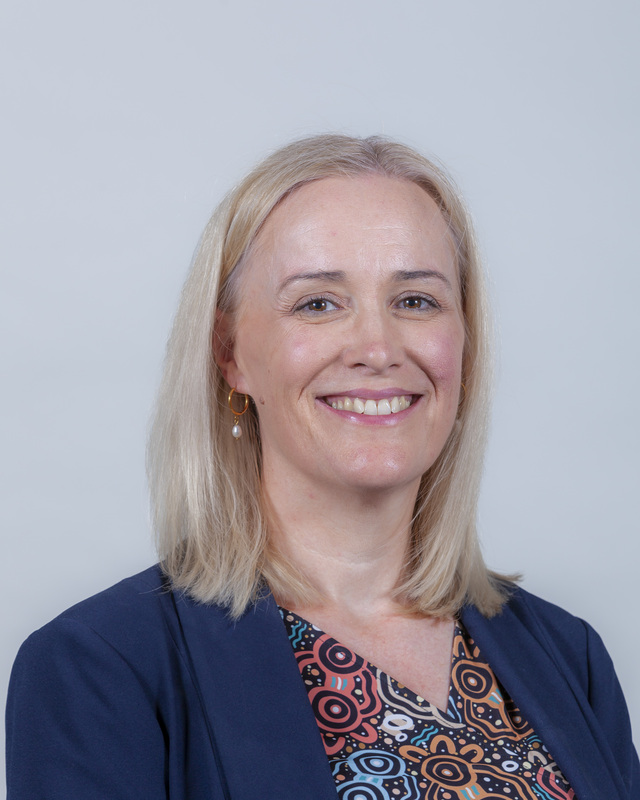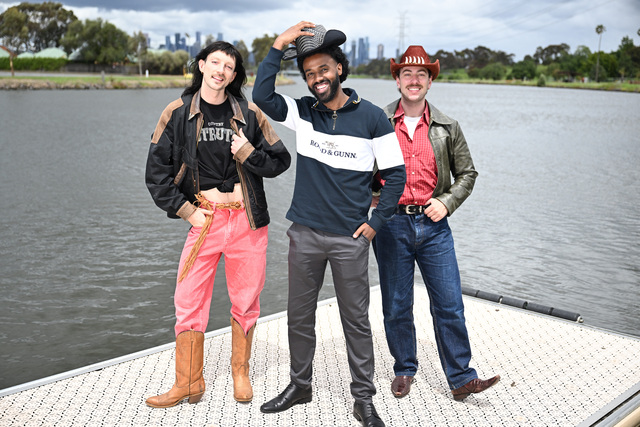IT MIGHT not have saved his marriage, but it would have made one hell of a difference.
Williamstown resident Jason Anderson, who has multiple sclerosis, says the national disability insurance scheme would have made life easier for him and his then wife, who was forced to act as his carer.
Mr Anderson, who works for Annecto, an independent, not-for-profit association that aims to “increase community inclusion”, said he didn’t want people to view the NDIS as “a burden on society.”
“We don’t want handouts; we just want a helping hand so we can help ourselves,” he said.
Annecto CEO Estelle Fyffe likens the present system to a lottery, depending on how people acquire their disability.
“TAC and WorkCover recipients are covered by insurance so recipients have more clear-cut access to funds. The NDIS will be a Medicare-style system for all Australians with a disability, which is a fairer system regardless of how they acquire their disability.”
Now 41, Mr Anderson was diagnosed with MS at 24, when his first child was four months old. “The marriage lasted 13 years, but it just got too much and in the end Rita [his ex-wife] couldn’t do it all by herself,” Mr Anderson said.
“She was working and bringing up two kids, and myself.
“If the NDIS had been there back then perhaps … it may not have saved my marriage, but I may have gone … to my own house, whereas now I’m in [a supported] accommodation unit.
“My kids live in Upper Ferntree Gully so it’s a long way to go.
“I have worked really hard to stay in contact with my kids … to take a Maxi Taxi out to Knox City, which is 20 minutes from their home.
“If I had a case manager they could have said, we’re going to organise for you to stay in your own house close to the kids.
“That would have made the divorce different … because I couldn’t look after my kids, my kids couldn’t stay over. Rita got most of the money.
“The NDIS would have been more helpful back then. I could have very easily slipped into a nursing home.”
Altona North man Amidu Issah wasn’t so lucky. After suffering a stroke at 43, the father of three ended up in a nursing home living with people double his age.
But along with Mr Anderson, who has helped more than 100 young people with a disability get out of nursing homes, Mr Issah now lives on his own with support in the morning and evening.
The pair are ambassadors for Building Better Lives, which is administered by the Summer Foundation and raises funds so young people with a disability can live in the community.
On Monday, they will be at Federation Square to attend Australia’s biggest national rally for people with disabilities, with simultaneous protests in six state capitals calling for action on the NDIS. The federal government is yet to allocate funding for the NDIS.
Mr Issah, who speaks with difficulty, said having a stroke had taken away everything from him. The Ghana-born former taxi driver used to pride himself on being independent.
Moving out of a nursing home and into his own place has restored some of his independence and made it better for his children to visit.
“In a nursing home, if you look around there’s only old people, so you are alone in there,” he said. “Here, I can do more for myself.”
This week, figures will be released showing the number of young people with a disability still living in nursing homes.







